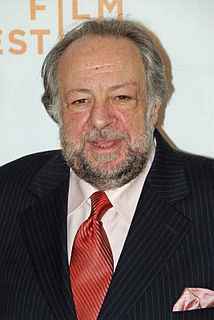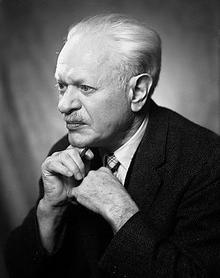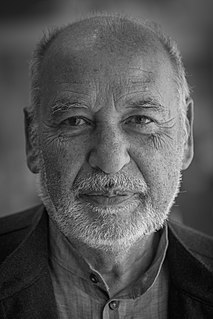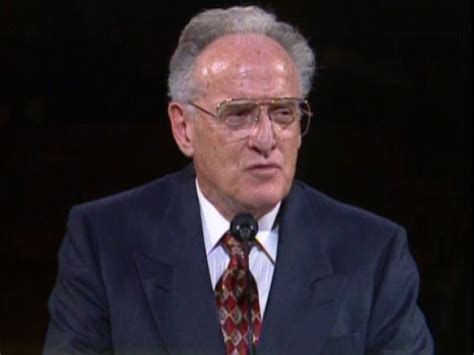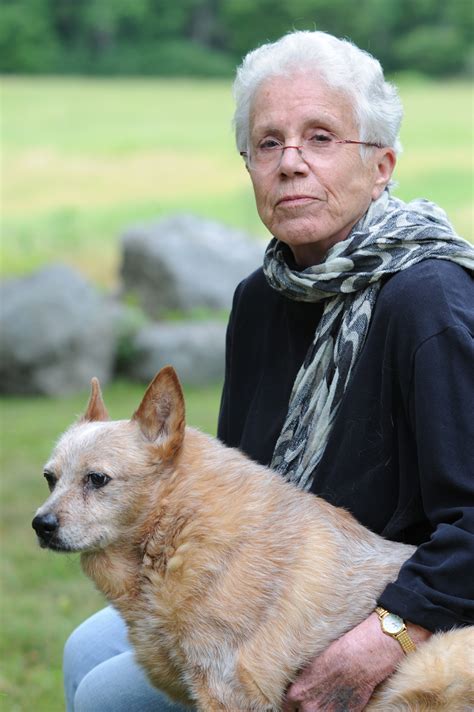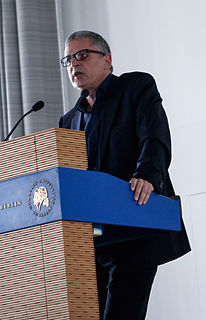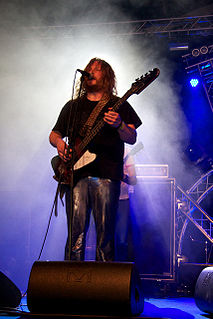Top 1200 Use Of Language Quotes & Sayings - Page 2
Explore popular Use Of Language quotes.
Last updated on December 22, 2024.
Language both reflects and shapes society. Culture shapes language and then language shapes culture. Little wonder that the words we use to talk to each other, and about each other, are the most important words in our language: they tell us who I am, they tell us who you are, they tell us who 'they' are.
In the future, we've forgotten it. It's disappointing to find out that the past is the present is the future. Nobody wants that. And yet, that's what it is. Maybe it's a kind of surrealist move, to use language like "post-racial" - thinking that if you create the language for it, it will happen. I wish it worked that way. But that's not our reality.
Do the structures of language and the structures of reality (by which I mean what actually happens) move along parallel lines? Does reality essentially remain outside language, separate, obdurate, alien, not susceptible to description? Is an accurate and vital correspondence between what is and our perception of it impossible? Or is it that we are obliged to use language only in order to obscure and distort reality -- to distort what happens -- because we fear it?
when Christian theology becomes traditionalism and men fail to hold and use it as they do a living language, it becomes an obstacle, not a help to religious conviction. To the greatest of the early Fathers and the great scholastics theology was a language which, like all language, had a grammar and a vocabulary from the past, but which they used to express all the knowledge and experience of their own time as well.
Language designers want to design the perfect language. They want to be able to say, 'My language is perfect. It can do everything.' But it's just plain impossible to design a perfect language, because there are two ways to look at a language. One way is by looking at what can be done with that language. The other is by looking at how we feel using that language-how we feel while programming.
When I took part in European leaders summits, it was sometimes unpleasant for me to hear Romanian, Polish, Portuguese, and Italian friends speak English, although I admit that on an informal basis, first contacts can be made in this language. Nevertheless, I will defend everywhere the use of the French language.
A second person that's come to my life very recently, and I'm thankful for it, is Marshall Rosenberg, the founder of the Nonviolent Communication Organization. He has all these books about how we can use our language nonviolently to help create peace. He's using a lot of Buddhism too, but he's helping me to think about language.
She is convinced that when language dies, out of carelessness, disuse, indifference and absence of esteem, or killed by fiat, not only she herself, but all users and makers are accountable for its demise. In her country children have bitten their tongues off and use bullets instead to iterate the voice of speechlessness, of disabled and disabling language, of language adults have abandoned altogether as a device for grappling with meaning, providing guidance, or expressing love.
The angels don't care what words you use. They appreciate the engraved, fancy prayers, but they say, "Just talk to us." You can use ordinary language - the language you use when you talk with your best friend - when you ask for help. If you want to reach out to the angels for something very personal for yourself, you can say, "Dear guardian angels and archangels, I ask that you come to me now and help me resolve this problem or issue." And then you just pour out your heart to the angels. You can do it silently in your mind. You can say it out loud. You can write it.
The language that we use now impacts on the ability to vote, it impacts on the marketplace; instead of making things clear, it makes it more confusing. I think we need to stop using neutral language and speak in straighter terms. So when you agree to something, you actually get what you agreed to in the first place.
To demarcate [words in way that changes the meaning] is simply to speak a different language than everyone else. And I do not accept semantic games like that. [...] We need to use words as they are actually used and understood. We can correct errors and inconsistencies and make distinctions. But we can't try to foist an alien language on people.
The etymologist finds the deadest word to have been once a brilliant picture. Language is fossil poetry. As the limestone of the continent consists of infinite masses of the shells of animalcules, so language is made up of images or tropes, which now, in their secondary use, have long ceased to remind us of their poetic origin.
How you speak and the words you use tell much about the image you choose to portray. Use language to build and uplift those around you. Profane, vulgar, or crude language and inappropriate or off-color jokes are offensive to the Lord. Never misuse the name of God or Jesus Christ. The Lord said, "Thou shalt not take the name of the Lord thy God in vain" (Ex. 20:7).
The theater, which is in no thing, but makes use of everything - gestures, sounds, words, screams, light, darkness - rediscovers itself at precisely the point where the mind requires a language to express its manifestations.... To break through language in order to touch life is to create or recreate the theatre.
I sing only in Meronian - my own language - but there are also elements of English and Finnish languages in our songs. When we use the spiritual Meronian language, the word 'international' doesn't do justice to our band. This kind of psychic language's means of communication can reach galaxies beyond our planet, not to mention the other living and inanimate entities of our own planet.
It is as though the ancestors who made language and knew from what bestiality its use rescued them are saying to us: Beware of interfering with its purpose! For when language is seriously interfered with, when it is disjoined from truth, be it from mere incompetence or worse, from malice, horrors can descend again on mankind.
The price a world language must be prepared to pay is submission to many different kinds of use. The African writer should aim to use English in a way that brings out his message best without altering the language to the extent that its value as a medium of international exchange will be lost. He should aim at fashioning out an English which is at once universal and able to carry his peculiar experience.







